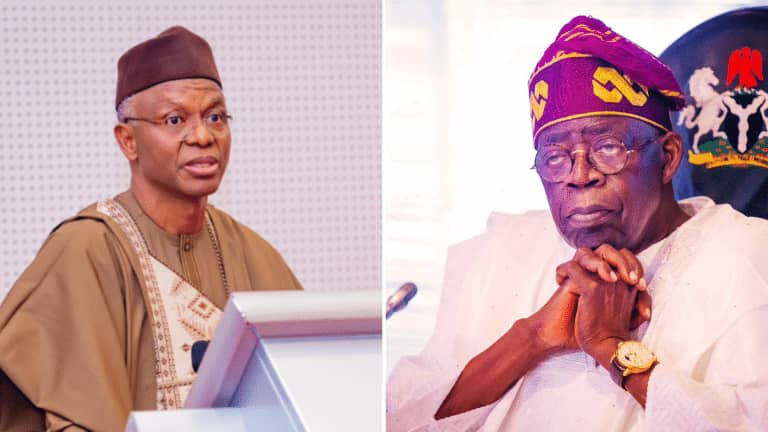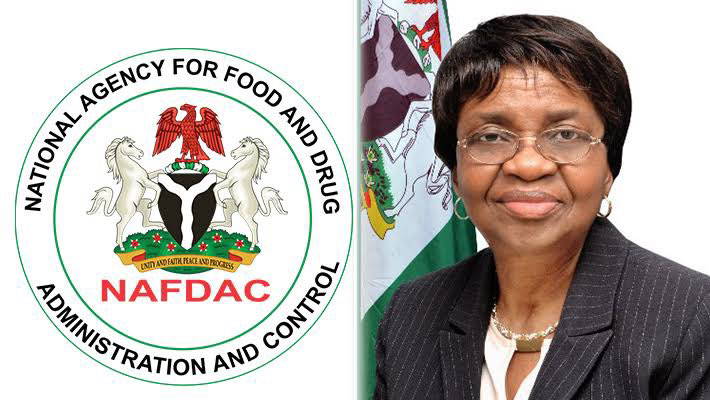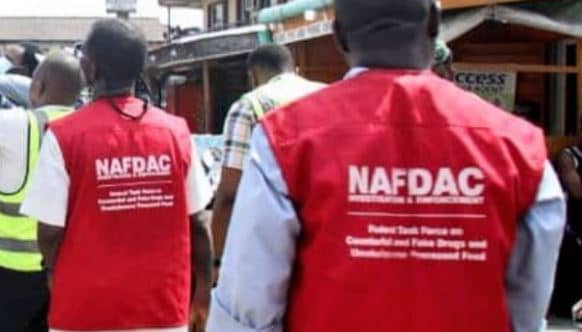Former Kaduna State Governor Nasir El-Rufai has declared that President Bola Ahmed Tinubu will lose the 2027 presidential election, predicting that he will come in a distant third place.
El-Rufai made the statement during an interview on Channels Television on Sunday, insisting that his political calculations point to an unfavorable outcome for the incumbent president.
El-Rufai, now a member of the coalition-adopted African Democratic Congress (ADC), said he has carefully studied the political landscape ahead of the next election and concluded that Tinubu does not have a viable path to outright victory. According to him, the ruling All Progressives Congress (APC) is facing growing discontent from Nigerians who feel let down by the administration’s performance.
“Tinubu will be third in the 2027 election. I have done my maths and I can tell you Tinubu has no pathway to win. The worst case scenario is that there will not be any winner in the first ballot,” El-Rufai said. He added that Nigerians must honestly ask themselves whether their lives have improved since Tinubu assumed office.
The former governor argued that the current administration has failed to deliver on its promises, and that the economic and social realities facing citizens demonstrate a lack of progress. He emphasized that the primary responsibility of government is to improve the lives of the people, but insisted that the Tinubu administration has fallen short of this expectation.
“I contributed to making Tinubu president,” El-Rufai stated during the interview. “But he has derailed, and some people don’t want me to criticize the government. I cannot remain silent when Nigerians are suffering.”
El-Rufai’s comments reflect deepening cracks within the political establishment that helped bring Tinubu to power. His assertion that he played a significant role in Tinubu’s rise, but is now openly criticizing the president, signals growing opposition from within influential political circles. Analysts suggest that this could further complicate Tinubu’s chances in 2027, particularly if dissatisfaction among voters continues to rise.
The remarks are also notable given El-Rufai’s longstanding reputation as a prominent northern politician with influence across different political blocs. His defection to the ADC and open rejection of Tinubu’s leadership may reshape alliances ahead of the election and embolden other dissatisfied figures within the ruling party to reconsider their support.
Political observers have pointed out that El-Rufai’s prediction of a third-place finish for Tinubu implies a highly competitive election in which the ruling party risks being overtaken by both opposition forces and emerging coalitions. If no candidate secures victory in the first ballot, as El-Rufai suggested, the election could be forced into a runoff, potentially placing Tinubu at a disadvantage.
The statement has fueled debate nationwide, with supporters of the president dismissing El-Rufai’s remarks as political speculation. They argue that Tinubu retains strong support in key regions and has enough time before the election to consolidate achievements under his Renewed Hope Agenda. However, critics maintain that public dissatisfaction with the economy, insecurity, and governance could undermine his reelection bid.
As Nigeria moves closer to the 2027 elections, El-Rufai’s bold prediction underscores the uncertainty and shifting loyalties within the country’s political arena. With nearly two years left before the polls, the coming months will determine whether Tinubu can rebuild public trust or whether opposition voices like El-Rufai’s will continue to gain traction.





